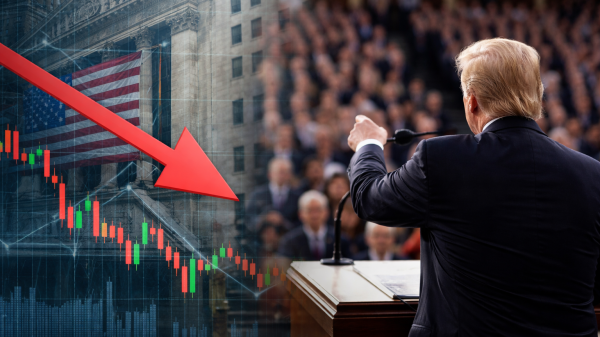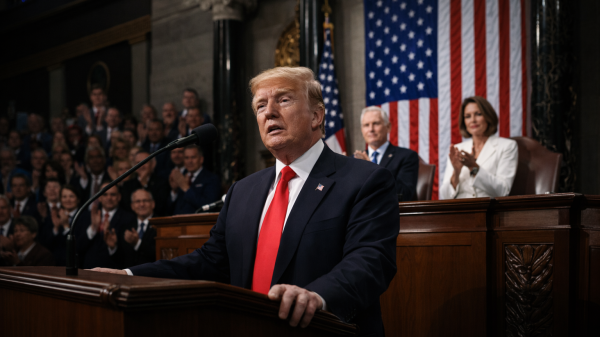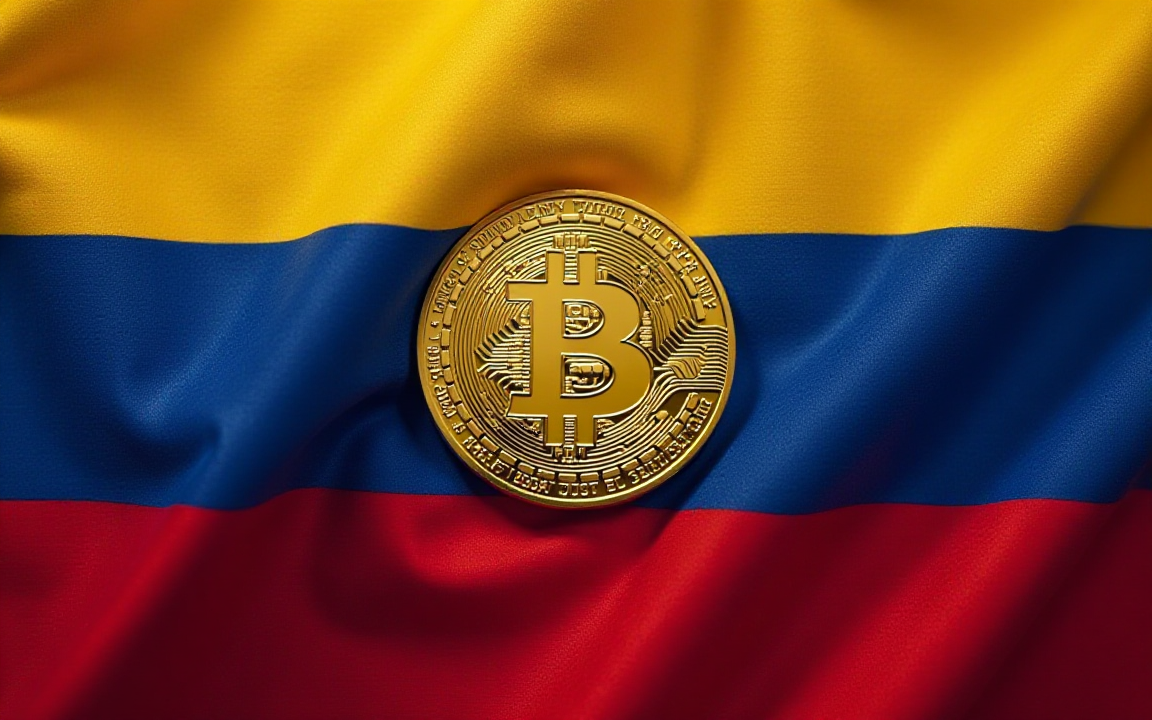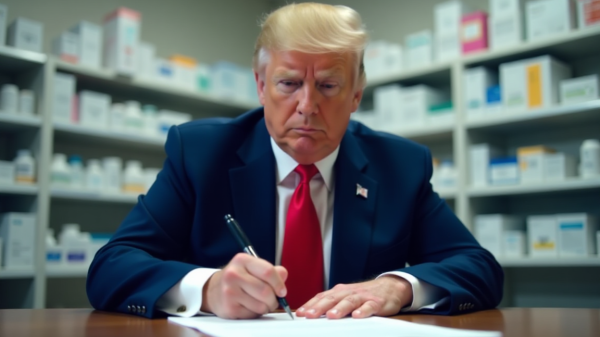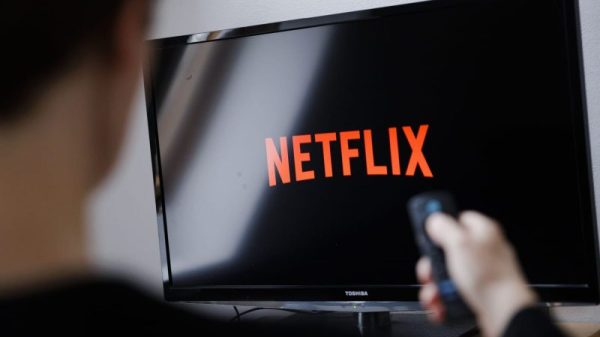El Salvador, once hailed as the global trailblazer for national Bitcoin adoption, is quietly shifting gears.
After making headlines in 2021 for becoming the first country to embrace Bitcoin as legal tender, recent disclosures point to a dramatic slowdown.
A new report by the International Monetary Fund (IMF), released on 15 July 2025, reveals that the country has not acquired any Bitcoin since December 2024.
This comes amid increasing fiscal pressure and the terms of a $1.4 billion IMF bailout package agreed earlier this year.
Bitcoin strategy stalls after IMF bailout in early 2025
President Nayib Bukele’s government initially drew widespread attention by announcing on 16 November 2022 that El Salvador would purchase one Bitcoin per day.
That plan coincided with the formation of the National Bitcoin Office (ONBTC), tasked with driving policy and innovation around the digital currency.
These steps underscored the country’s commitment to integrating Bitcoin into its national economy and attracted support from crypto communities around the world.
However, El Salvador’s financial challenges soon intensified. Inflation and public debt forced the government to approach the IMF, which approved a $1.4 billion Extended Fund Facility in February 2025.
The IMF’s terms included strict limits on Bitcoin-related activities in the public sector, including restrictions on purchases and transactions using BTC.
Despite public assertions from government officials that Bitcoin buying would continue, the IMF’s latest report tells a different story.
It confirms there have been no new Bitcoin acquisitions by the government since December 2024, coinciding with the conclusion of IMF negotiations.
The report also clarified that recent movements in government wallets were internal transfers and not evidence of new investment.
BTC no longer legal tender, Chivo wallet faces privatisation
In a further sign of retreat, Bitcoin was quietly removed as legal tender in January 2025.
Although this was not widely publicised, the move marks a reversal of a landmark policy that once made El Salvador a poster child for national-level crypto adoption.
Another major shift is underway with Chivo Wallet, the state-sponsored Bitcoin wallet introduced in 2021. The government is preparing to privatise Chivo by the end of July 2025, potentially transferring its operations to private entities.
At the same time, there is speculation that Fidebitcoin, the government-run Bitcoin trust, may also be dissolved.
These steps suggest a move away from centralised government control of crypto-related infrastructure and a turn toward policies that align more closely with IMF requirements.
Crypto sidelined as El Salvador focuses on fiscal stability
Bukele’s re-election in February 2024 reflected popular support for his nationalist and pro-innovation stance, which included a strong push for crypto adoption. However, economic realities appear to be reshaping the country’s priorities.
The IMF bailout package, while stabilising the economy, has forced El Salvador to scale back its flagship Bitcoin experiment.
Although official channels like the ONBTC maintain that Bitcoin remains a part of the nation’s identity, the freeze on purchases, loss of legal status, and upcoming privatisations indicate otherwise.
These developments underscore a broader pivot: from symbolic innovation to fiscal compliance.
What happens next will depend on both global crypto markets and domestic economic performance. But for now, Bitcoin has taken a back seat in El Salvador’s national agenda.
The post El Salvador’s Bitcoin U-turn: no new purchases since Dec 2024, IMF report reveals appeared first on Invezz


